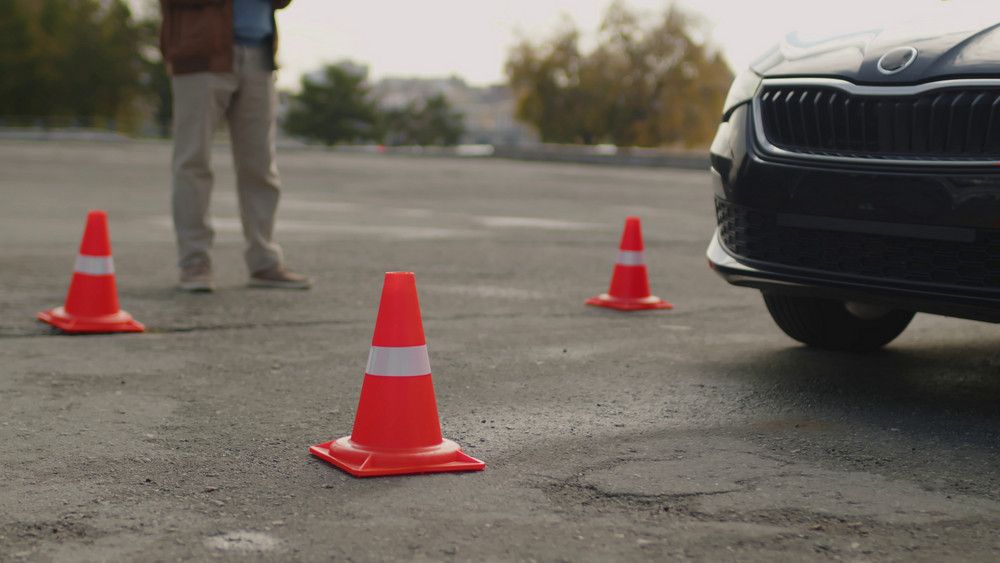4 Things To Bring With You When You Meet With a Divorce Lawyer
Are you preparing for divorce? Here are four things to bring to your family law attorney when you're ready to discuss divorce.

Visiting a family law attorney to discuss divorce may be intimidating. However, you are not alone; more than 20% of first marriages end in divorce within five years.
No-fault divorces are available in every state in the U.S., although the process varies in each one. In the past, divorces could only be granted if both parties agreed to the divorce or one spouse alleged the other spouse had done something to destroy the marriage. While fault divorces still exist, most divorces are no-fault. This means that one spouse can ask for a divorce without alleging any "fault." In other words, no-fault divorces are granted simply because one spouse does not want to be married to the other spouse anymore.
While no-fault divorces can be just as contentious (or more contentious) as fault divorces, no-fault divorces typically focus on a few common issues. Here are four things to bring to your family law attorney when you're ready to discuss divorce:
Your Story
Divorce lawyer services include filing pleadings and arguing on your behalf in court. However, one of the primary roles of a family law attorney is to listen to your story and provide you with advice and counsel.
Telling your divorce lawyer your entire story will help you unburden yourself, provide your lawyer with the background facts needed for your case, and allow your lawyer to spot any issues that may help or hurt your argument. Moreover, a family law attorney may have ideas and suggestions for you based on your unique circumstances. After all, a lawyer can only advise you if they know what you are going through. Rest assured that laws pertaining to client confidentiality mean that everything will remain between you and your lawyer.
Parenting Plan
Once you have told your story, you and your divorce lawyer will begin formulating your legal position. In a no-fault divorce, this usually comes down to three major issues: child custody and support; spousal support; and the division of assets and liabilities.
If you and your spouse have agreed on a plan for raising your children, you may be able to avoid much of the stress that comes with divorce. If you have not reached an agreement, you will need to work with your lawyer to decide where you stand on many issues including:
- Physical custody
- Legal custody and other decision-making responsibilities for the child
- Division of expenses
- Child support, including medical support (insurance coverage for dental, vision, and medical expenses)
Income Records
Records of both spouses' incomes are the usual starting point to figure out the financial side of a divorce. Often, tax records are the best source for this information since, presumably, your tax filings contained a full disclosure of all income.
When collecting records, include all sources of income:
- Wages, salaries, and bonuses
- Proceeds from the sale of property and stock trades
- Dividends
- Interest
- Rental income
- Ownership distributions for business owners
- Gambling winnings
This does not mean that all of these sources of income will make it into your divorce pleadings. But a lawyer cannot advise you on what you can reasonably expect unless he or she knows what income exists.
Asset and Liability Records
Just as important as income are the assets you have. If you have a will or living trust, you may already have a list of assets you and your spouse own. Similarly, many couples keep a list of assets for insurance purposes. Either of these can be helpful to a family law attorney preparing your divorce.
In the absence of such documentation, you could create a list and collect records of assets. Remember to include everything of value, including:
- Bank accounts
- Houses and other real estate
- Retirement accounts
- Investment accounts
- Personal property, such as motor vehicles, RVs, boats, jewelry, precious metals, and collectibles
As with income sources, not all these assets may make it into your divorce papers. However, the more a divorce lawyer knows about the marital assets, the better prepared he or she will be for your case.
In addition to assets, a divorce lawyer will be aided by any records of liabilities you and your spouse may have. These include such things as:
- Debt, including credit card debt, medical debt, and other unpaid debts
- Mortgages, home equity loans, auto loans, and other loans
- Court judgments
By being prepared to discuss your case with your divorce lawyer, you can help your lawyer help you. When you're ready to take the next step, rely on the Law Offices of Arthur J. White III, PLLC.
Share Post:
Leave Your Comment
search Article
Recent Posts





